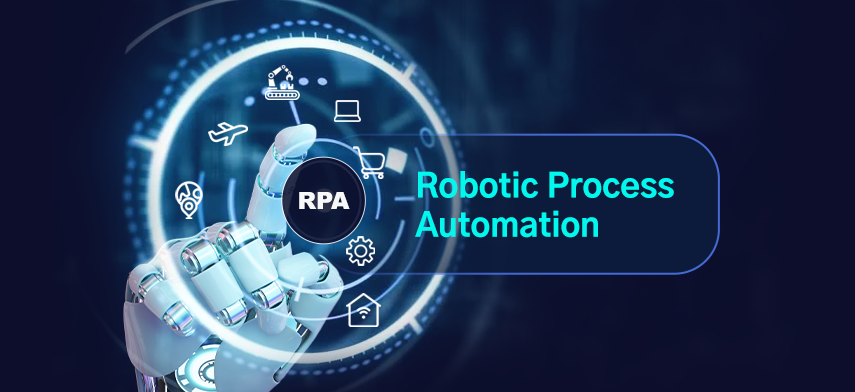Robotic Process Automation (RPA): Transforming Business Efficiency

In today’s fast-paced digital landscape, businesses are constantly seeking ways to enhance efficiency, reduce costs, and improve accuracy. One of the most revolutionary technologies enabling these goals is Robotic Process Automation (RPA). RPA allows organizations to automate repetitive, rule-based tasks, freeing up human resources for more strategic initiatives.
What is RPA?
Robotic Process Automation (RPA) refers to the use of software robots or 'bots' to automate mundane, repetitive tasks traditionally performed by humans. These bots interact with applications and systems just like humans, but they do so with greater speed, accuracy, and consistency.
Key Benefits of RPA
-
Cost Reduction – Automating tasks reduces labor costs and minimizes human errors, leading to substantial cost savings.
-
Enhanced Accuracy – RPA bots execute processes without human intervention, ensuring error-free operations.
-
Increased Productivity – With bots handling routine tasks, employees can focus on higher-value work.
-
Scalability – RPA allows businesses to scale operations quickly by deploying additional bots without hiring more staff.
-
Improved Compliance – RPA ensures adherence to regulatory standards by maintaining detailed logs of activities.
How RPA Works
RPA technology mimics human actions by interacting with digital systems and applications. It follows predefined rules and structured workflows to perform tasks such as:
-
Data entry and extraction
-
Invoice processing
-
Report generation
-
Customer service automation
-
Payroll processing
Industries Benefiting from RPA
RPA is widely adopted across various industries, including:
-
Banking & Finance: Fraud detection, transaction processing, and compliance reporting.
-
Healthcare: Patient record management, appointment scheduling, and insurance claims processing.
-
Retail & E-commerce: Order processing, inventory management, and customer support.
-
Manufacturing: Supply chain automation and quality control.
-
Telecommunications: Billing automation and network management.
Future of RPA
The future of RPA lies in its integration with artificial intelligence (AI) and machine learning (ML). This evolution, known as Intelligent Automation, will enable bots to make data-driven decisions, handle unstructured data, and continuously improve their performance. As RPA continues to advance, businesses that adopt this technology will gain a significant competitive advantage.
Conclusion
rpa robotic process automation is revolutionizing how businesses operate by enhancing efficiency, reducing costs, and improving accuracy. As organizations embrace RPA, they unlock new opportunities for growth and innovation. The future of automation is bright, and RPA will remain a key player in driving digital transformation across industries.
- Questions and Answers
- Opinion
- Motivational and Inspiring Story
- Technology
- Live and Let live
- Focus
- Geopolitics
- Military-Arms/Equipment
- Securitate
- Economy
- Beasts of Nations
- Machine Tools-The “Mother Industry”
- Art
- Causes
- Crafts
- Dance
- Drinks
- Film/Movie
- Fitness
- Food
- Jocuri
- Gardening
- Health
- Home
- Literature
- Music
- Networking
- Alte
- Party
- Religion
- Shopping
- Sports
- Theater
- Health and Wellness
- News
- Culture

